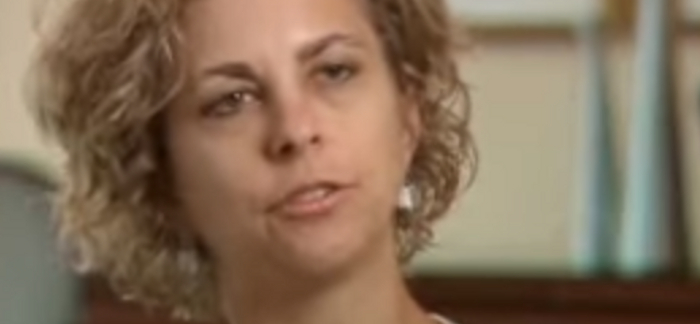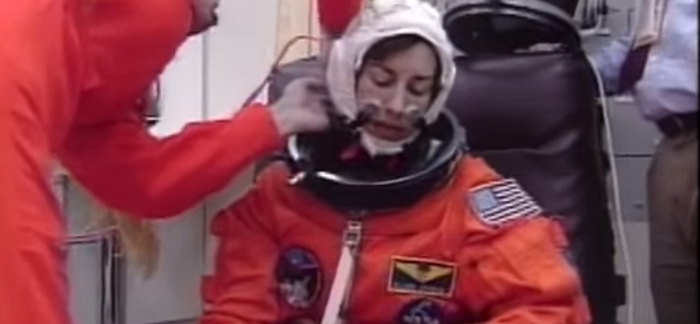Rachel Carson was an American biologist grew up in Pennsylvania and wanted to be a writer. She even had her first story published before her 11th birthday. Despite her love for writing, however, she would pursue a doctorate degree in biology. Eventually she would combine those two loves together for the story Under the Sea-Wind, which was first published in 1941.
1. A College Dropout.
As Carson was pursuing her doctorate degree, one of her sisters and her father passed away. She dropped out of college to help support her family. Eventually she found work in the Fisheries Bureau of the United States writing radio scripts for the department. She also found time to write about natural history for a couple of newspapers.
2. A Critical Discovery.
Carson is credited with discovering the harmful effects of DDT on the environment. Eventually her work would lead to the pesticide being banned in the US and eventually globally by 2004. Unfortunately she wouldn’t get to see any of the outcomes of her work, but her influence was definitely felt by many at the time she published Silent Spring in The New Yorker.
3. An Adoption and a Unique Work.
At the age of 50, Carson’s adopted niece unfortunately passed away, leaving behind a 5 year old son. She adopted her grandnephew and would go out and help him to explore the wild that Mother Nature had to offer. You can catch her experiences still today by looking up the article Help Your Child to Wonder.
4. Always Passionate.
Carson dedicated her life to public service. At one point this even meant being the editor-in-chief of all the publications that the US Fish and Wildlife Service was publishing at the time. When given a spare moment, she also lent her scientific expertise to public service, including research during World War II. Many of her experiences were documented and eventually published, allowing many even today to get to know Carson like a close personal friend.
Rachel Carson has had a tremendous influence on how we all view Mother Nature. She was posthumously awarded the Presidential Medal of Freedom because of her concerns about the environment and her eloquence in stating her thoughts will never be forgotten.




